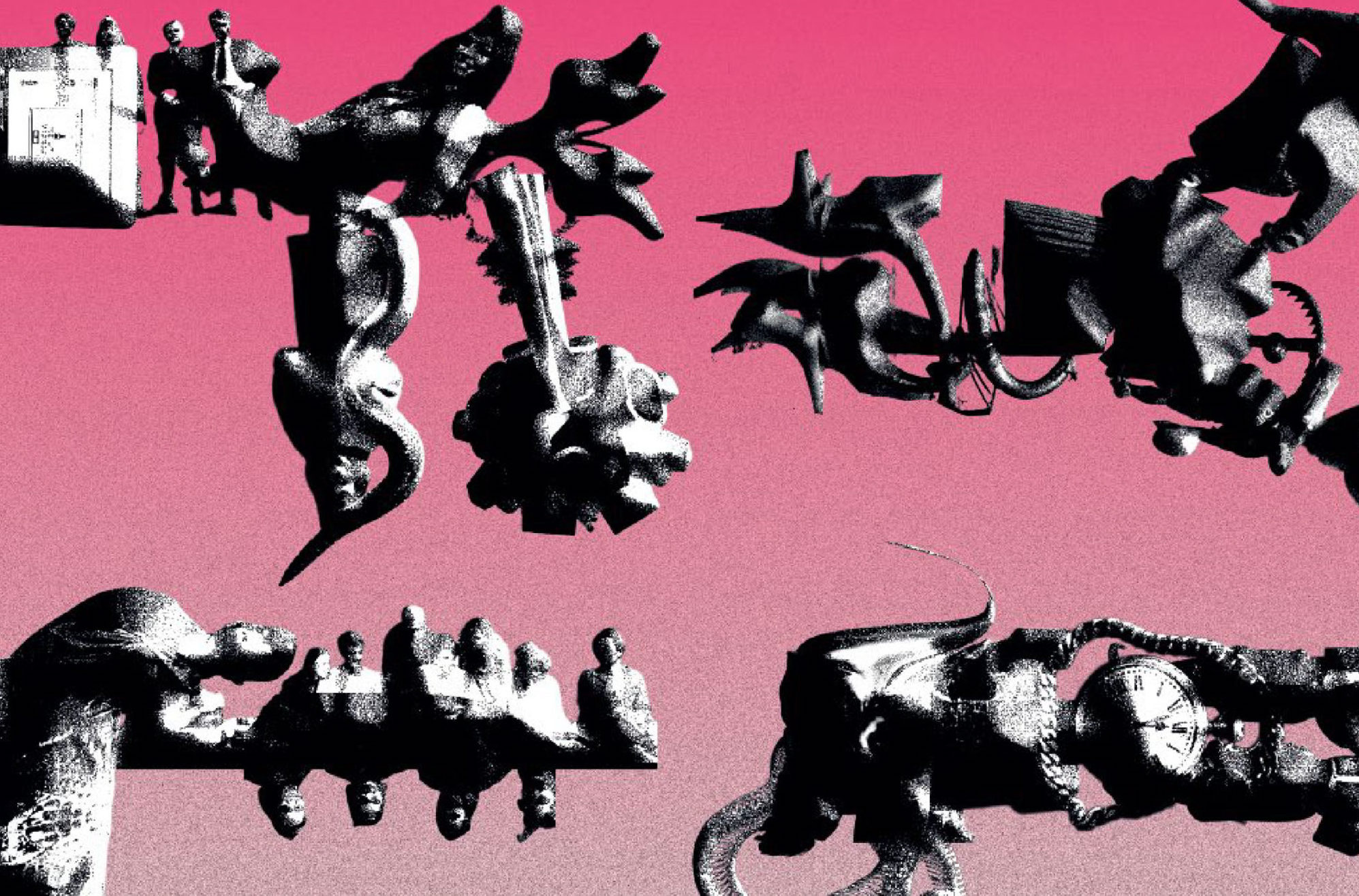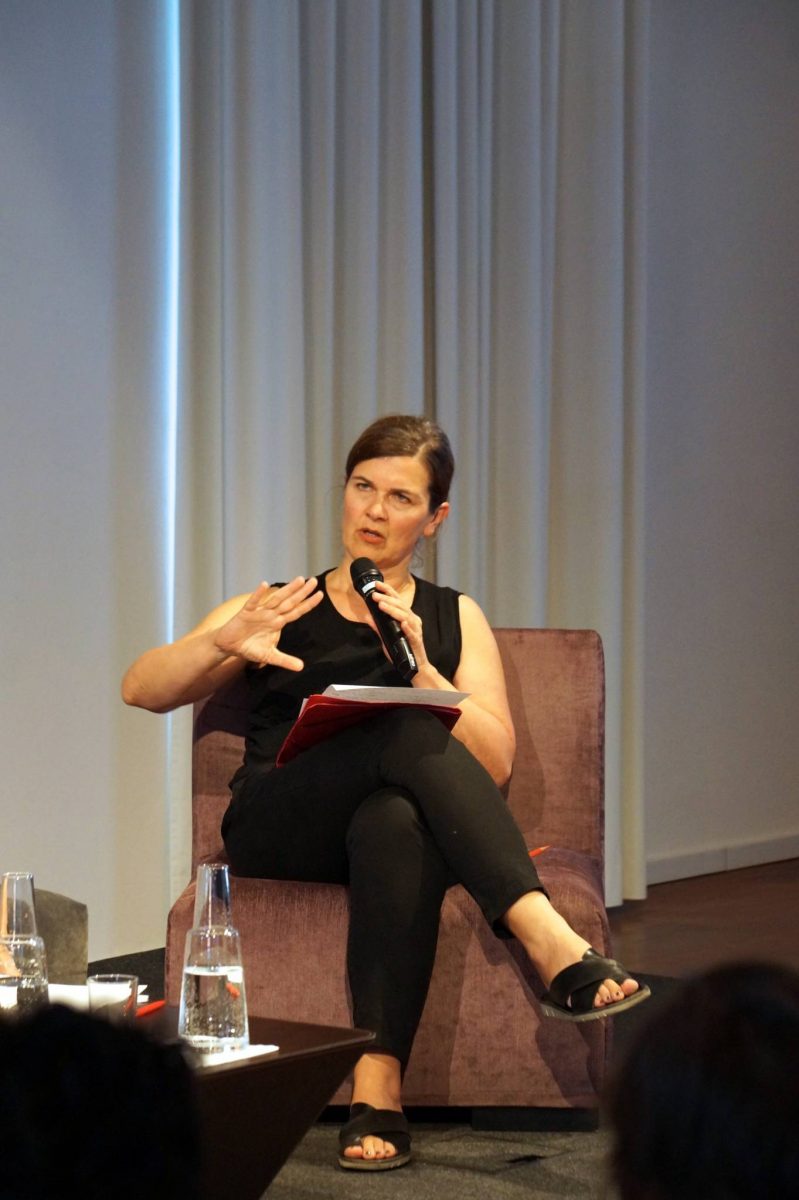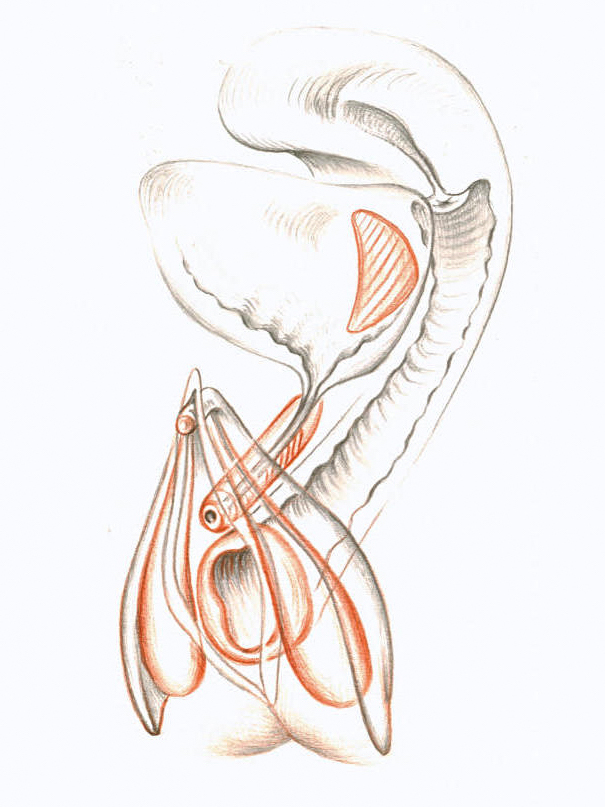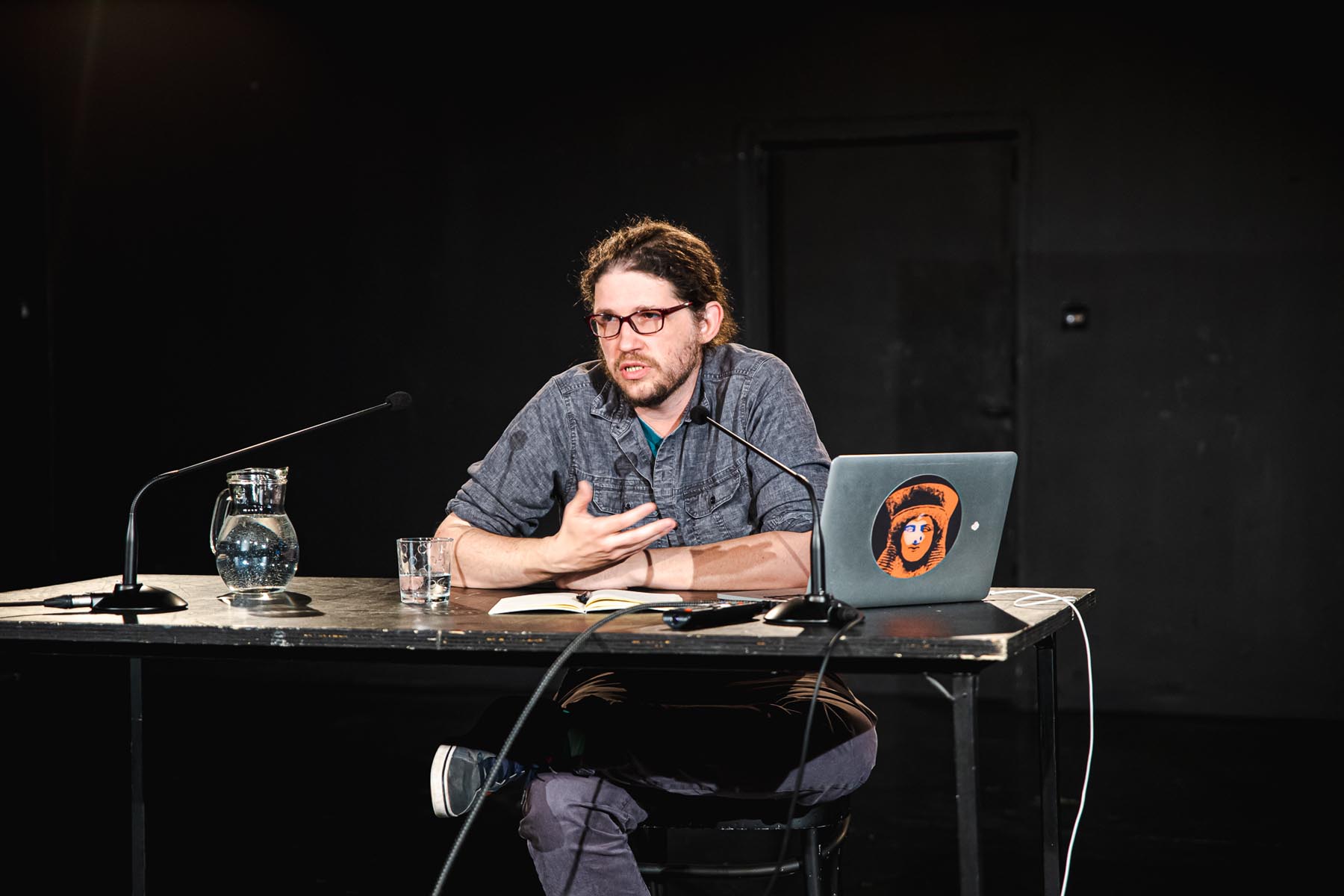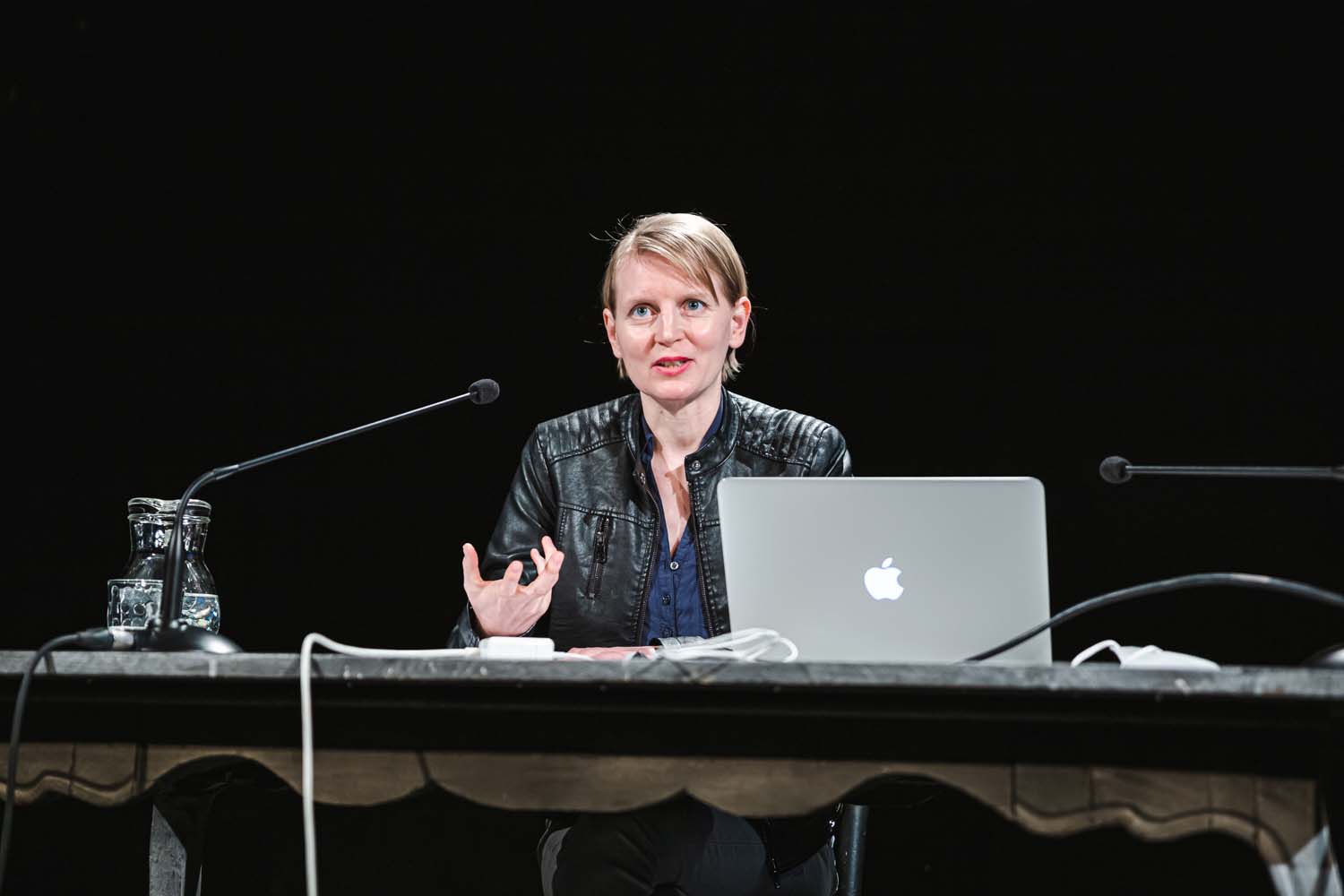The Power of Pleasure Research Group
The Power of Pleasure Research Group is an interdisciplinary group within the European TestG project, consisting of Pia Brezavšček, Tery Žeželj, Tjaša Črnigoj, Aleš Mendiževec, Klara Otorepec and Alja Lobnik. From different perspectives, the members will explore methodologies in the field of feminist pleasure as a strategy of reparation, while sharing their knowledge and experience with each other. The research group will also follow the artistic process of Tjaša Črnigoj, one of the members of the Sex Education II research group , as she addresses the issue of female pleasure, which is still heavily burdened by patriarchal patterns. The issue will be addressed from different perspectives, with the help of experts from different fields and the personal stories of women. At Maska, we are also simultaneously translating Catherine Malabou’s Le plaisir effacé: Clitoris et pensée (Pleasure Erased: The Clitoris Unthought), which deals with one of the author’s key concepts, that of plasticity. The group will reflect on the concept of plasticity in relation to its own methodologies of reparation, particularly in relation to the local environment. For Malabou, plasticity means on the one hand destruction, when a life event is so intense and unpredictable that it causes trauma and blocks creative energy, but on the other, it also means creation, which is the human capacity to accept positive and negative life events, to let oneself be shaped by perceiving and acting, and at the same time to determine and shape them.
Excerpt from the painting The Birth of Venus (Sandro Botticelli), which adorns the French cover of Le Plaisir effacé: Clitoris et pensée
The Power of Pleasure research collaborative is part of the TESTING GROUND: Reparative Practices for a New Cultural Ecosystem project.

Funded by the European Union. Views and opinions expressed are however those of the author(s) only and do not necessarily reflect those of the European Union or the European Education and Culture Executive Agency (EACEA). Neither the European Union nor EACEA can be held responsible for them.


